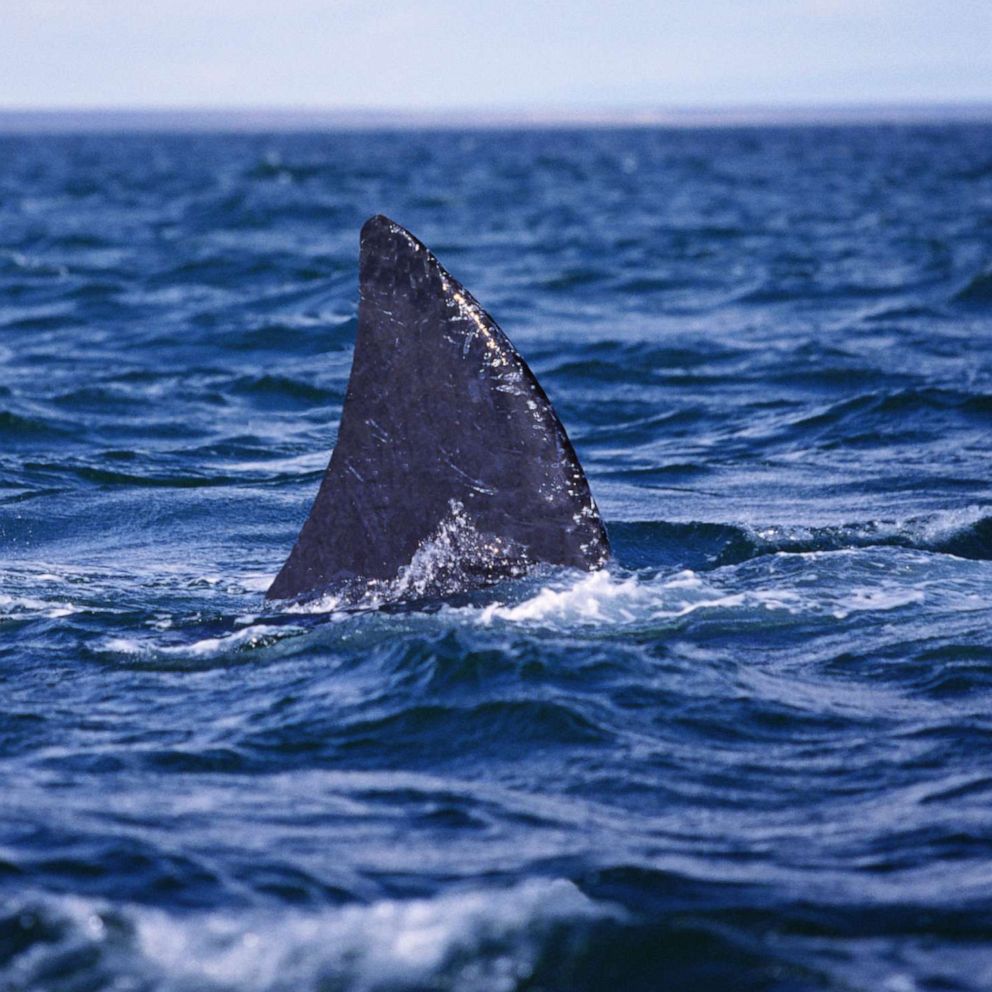Mother of slain journalist James Foley details his legacy in new book
American journalist James Foley was beheaded by ISIS in Syria in 2014.
In 2012, American journalist James Foley was kidnapped by ISIS terrorists while he was covering the Syrian civil war and was publicly beheaded by the group two years later.
The August 2014 murder shocked the world and his family.
At the time, then-President Barack Obama said, "The entire world is appalled."
Obama also said that those responsible for Foley's death would ultimately fail.
"They fail because the future's won by those who build and not destroy. The world is shaped by people like Jim Foley," he added during the August 2014 press conference.
Now his mother Diane Foley and novelist Colleen McCann are telling his story in a new book "American Mother." The book, set for release next week, covers James Foley's legacy and her emotional recovery over the last decade.

She spoke with ABC News' Phil Lipof about her son and the book.
Below is the exchange which has been edited for length and clarity.
ABC NEWS LIVE: You say in this book that Jim wanted to cover the human spirit. He's covered wars in Afghanistan, Iraq, Libya, Syria [and] all over. Why did he want to do it in war zones? What was it about that? Because it's very particular for journalists to want to be in war zones.
DIANE FOLEY: I think that initially, it was because he had three younger siblings in the military. But also Jim was quite a pacifist. So he was interested in why people go to war. Why did soldiers choose to go to war? And what happens to the civilians? What happens to the innocents in the midst of war? So he really felt a lot of these stories were something we needed to hear, that they were essential stories for us to understand.
ABC NEWS LIVE: You decided to meet one of the men found responsible for Jim's death, Alexander Kotey. You spoke to him in a Virginia courtroom after he pleaded guilty to conspiracy to murder. I guess this was for sure be an individual choice. But why talk to him at all?
FOLEY: Jim would have wanted me to. I was odd. Once I had the opportunity, I thought, yes, Jim would have done that and would not have wanted me to be afraid. And he also would have wanted me to hear him out. And as a mom, I wanted to tell him about Jim. So I thought, well, there's some openness there. He's offering this, as part of his plea deal. So I felt certain I wanted to meet him.
ABC NEWS LIVE: Had he ever apologized?
FOLEY: To me he did, several times, several times. Not for what he did, but for what what we went through, what we endured.
ABC NEWS LIVE: Understood. You say in the book that you were bitter that it took three days for President Obama to call your family. What things do you wish the U.S. government had done differently to try to free Jim?
FOLEY: Well, I was more angry and bitter that I had been told over and over that Jim was our country's highest priority, when in fact, that wasn't true. And after he was, so horrifically killed, I-- I was just angry. I felt, as an American, that we could do much better. I wish they'd just been honest with me and told me they didn't have any idea what to do.

ABC NEWS LIVE: And you founded the James W. Foley Legacy Foundation, in honor of Jim, obviously, and all the Americans wrongfully detained abroad. What was your hope, in also writing this book?
FOLEY: Well, I want the average American to know that they can make a difference.
We can make our country better, even an ordinary person like myself. And Jim's death has made a difference for others that now, our country prioritizes the return of U.S. hostages and wrongful detainees, though it's still not easy.
I mean, it's very difficult. And I also want folks to value our journalists, particularly those working so hard to investigate the issues and be an unbiased observer and people who dare to go into conflict zones and attend riots and, risky endeavors to bring us what's going on.




